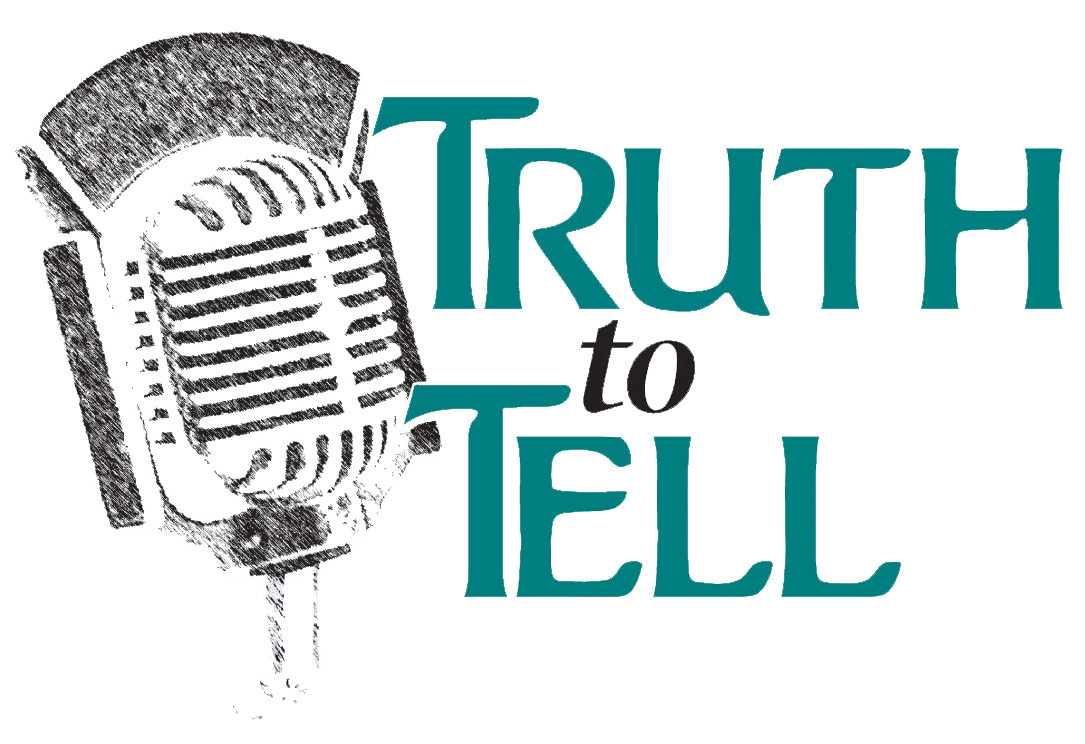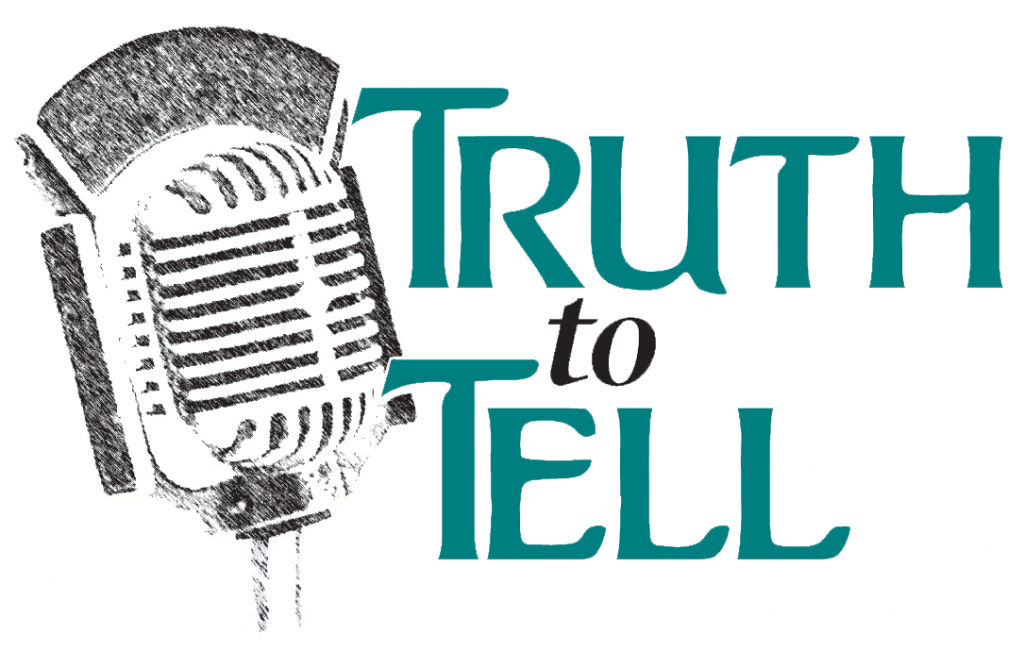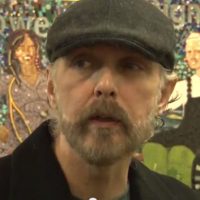ttt1315-april_10-felon_re-entry
An explosion of books, televisions show, seminars and public policy proposals in the last two or three years has raised the curtain on some of this country’s most shameful corrections practices, most of them having been imposed in peaks and valleys since the official, if not the de facto demise of Jim Crow across the states that dared to thumb their noses at the Constitution and its 13th, 14th and 15th Amendments once again stating the obvious – that all men – and women – are created equal in nature and under the laws once again stating the obvious – that all men – and women – are created equal in nature and under the law.
But Jim Crow never really died. It just stuck itself into the criminal justice and correction systems of every state and the Federal government, thanks to paranoid and expedient political fears over some notion that law and order was out of control – a perception with no solid evidence. In addition to the amazingly disproportionate ratio of men of color serving time in our penitentiaries, their wildly disparate treatment in the streets and criminal justice system has been part of an even larger packing of the jails and prisons in the last few decades.
So. What happens in a country with such injustice as we’ve seen in the economy, job losses and permanent unemployment? What happens when poverty entrenches itself in our core cities and deep rural settings? What happens when it becomes obvious to young men and women who’ve been raised in abusive family settings, without adequate nutrition to feed their hungry stomachs and their hungry minds, without decent educational settings and successful learning? Anger, frustration, despair, desperation and, very often, severe mental illness sometimes driving all of it in the face of being blamed and sometimes beaten for their just being there. These are the seeds and the soil for growing discontent, drug and alcohol addiction, and crime, sometimes damned serious crime. What follows is capture, prosecution, conviction and hard time, sometimes lots of it. But sometimes, if conditions are right, a second chance might come along with a sentence of probation, even for felonies.
Still, in the heat of the lock-‘em-up-and-throw-away-the-key punishment fervor of the judgmental post-World War II lingering of the Great Depression, longer and longer sentences, more disparity in the treatment of offenders, especially by race and poverty levels, many politicians decided that no crime should ever stop going unpunished, and instituted all manner of laws insisting that, like Inspector Jauvert from Les Miserables: no matter the crime, once a crook, always a crook, and, like Jauvert’s lifetime pursuit of the offender Jean Valjean, we often see police and corrections systems pursuing ex-offenders all but forever. Landlords refuse to rent, banks refuse to finance, employers refuse to hire, and, worst of all, governments refuse to restore voting rights – all but guaranteeing a higher recidivism rate – or return to prison – of those freed from prison. What has never left us, is the racism.
All of this AFTER, mind you, the felons or offenders have actually completed their sentences.
In recent years, many advocates, especially those in the landmark Minnesota-based Second Chance Coalition, have stepped to the plate to change the climate of post-incarceration or imprisonment to one of restoration. Restoration of the right to a job, to live somewhere affordable, and, finally, to vote again. In other words – a return to humanity and citizenship.
It’s been a long slog for these advocates, some working to transition offenders back into the outside world, some to find them jobs and housing, and still others who haunt those halls of the Capitol trying to change the ways laws deal with the restoration of what many consider to be human and/or civil rights.
Only education, involvement and the dropping of our prejudices about those who have paid their debts can we begin to see the fruits of our humanity.
~~~~~~~~~~~~~~~~~~~~~
This program was recorded at Headquarters of Community Partner, Goodwill/Easter Seals. Community Partner St. Paul Neighborhood Network’s cameras are rolling and recording this show for airing tonight at 8:00 and beyond on both St. Paul’s cable Channel 19 and Minneapolis Telecommunications Network (MTN) Channel 16. And we will distribute this program widely throughout the Metro and Minnesota wherever we can.
We thank the staff of Goodwill/Easter Seals, especially Deanna Gulliford and Lisa Ritter, for their hospitality and recruiting much of the audience. The program began with a short video – which you can watch here.
TTT’S ANDY DRISCOLL and MICHELLE ALIMORADI host Part Three of our Community Connections series, funded by a grant from the Bush Foundation.
 SARAH CATHERINE WALKER – former Chief Operating Officer of 180 Degrees; Co-founding Co-chair of the Second Chance Coalition
SARAH CATHERINE WALKER – former Chief Operating Officer of 180 Degrees; Co-founding Co-chair of the Second Chance Coalition
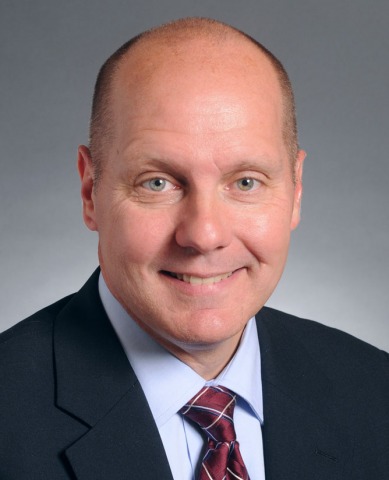 STATE SEN. DAVE THOMPSON (R-Lakeville) – Assistant Minority Leader; Ranking Minority Member of the Tax Reform Division of the Senate Taxes Committee
STATE SEN. DAVE THOMPSON (R-Lakeville) – Assistant Minority Leader; Ranking Minority Member of the Tax Reform Division of the Senate Taxes Committee
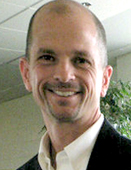 MARK HAASE – Vice President for Projects and Operations at Council on Crime & Justice; Co-chair, Second Chance Coalition
MARK HAASE – Vice President for Projects and Operations at Council on Crime & Justice; Co-chair, Second Chance Coalition
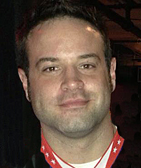 ROB STEWART – University of Minnesota Doctoral Student in Sociology; Former Felon
ROB STEWART – University of Minnesota Doctoral Student in Sociology; Former Felon

